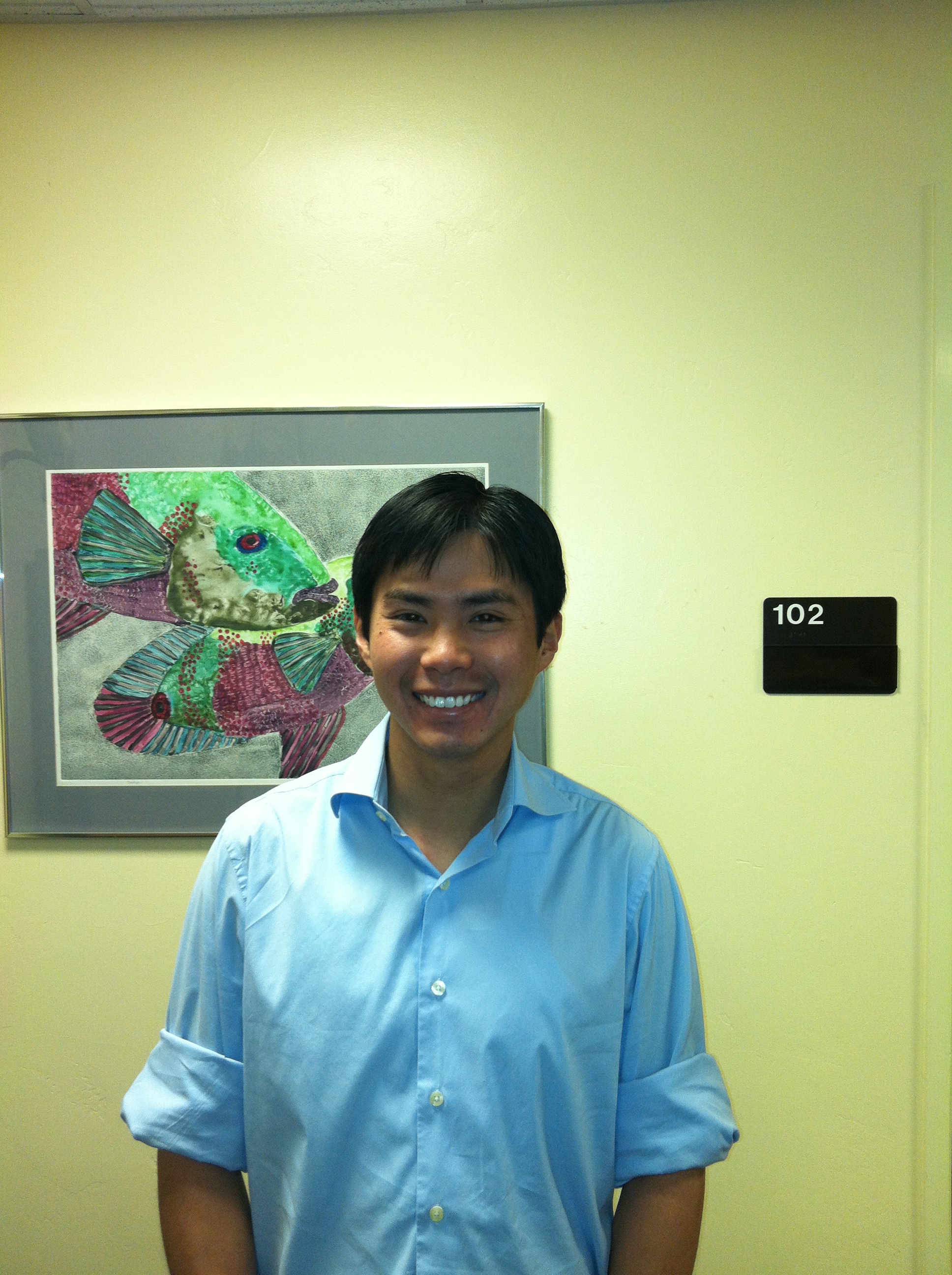
My Morning Routine
10:00 am: sifting through the California Department of Fish and Wildlife (DFW) Code for the DFW Commission’s authority to spatially manage recreational history.
11:00 am: filling out a standardized intra-department regulatory change proposal for an impending regulatory package.
And that was just a single morning from a single day of my fellowship.
Hectic?
Sometimes.
Schizophrenic?
A little, and not in a bad way.
Exciting?
Oh yeah.
Learning to Mesh Science and Law
When I first imparted on my law school and grad school journey, I had little more than a vague idea (and ideal) on interfacing law and science in the field of environmental policy. And while most people I’ve met with could agree on how interesting the idea seems, few could actually point me to a concrete first step in starting my career. A law firm may not strongly emphasize a junior attorney’s ability to perform ANCOVA with R, and senior scientists at a consultation firm are probably not in the best position to comment on a new associate’s application of the substantial evidence standard.
Yet there I was, armed with a master’s degree from the Scripps Institution of Oceanography and a law degree from Lewis & Clark with very limited idea on how to start my career. The California Sea Grant State Fellowship is an incredible opportunity for me. Here at the Department of Fish and Wildlife I not only have the chance to hone both my legal and scientific skills, but I can actually learn how to integrate the two fields into practical policy instruments. For example, the drafting of a fishery management plan, which occupied the first several months of my fellowship, demands both compliance with the relevant regulatory and management mandates and incorporation of a scientifically-informed adaptive management framework.
Furthermore, the nature of the work here at the Department of Fish and Wildlife is incredibly meaningful. The position offers me a chance to serve the public on an incredibly diverse and challenging subject. It gives me the privilege of working with other incredible individuals, including scientists, lawyers, and managers to tackle issues with numerous scientific, legal, political, and policy complexities. Every day brings a new challenge, and every challenge requires the abilities to work as part of a team, to learn with diligence, and to innovate using all of one’s available resources, training, and experience.
This has been my experience, halfway through the fellowship. I am constantly grateful for this opportunity. For the other recently graduated young professionals interested in ocean-related policy issues who are not afraid to innovate and to overcome adversities, the CA Sea Grant State Fellowship will no doubt be an ideal first step.
Written by Anthony Shiao
